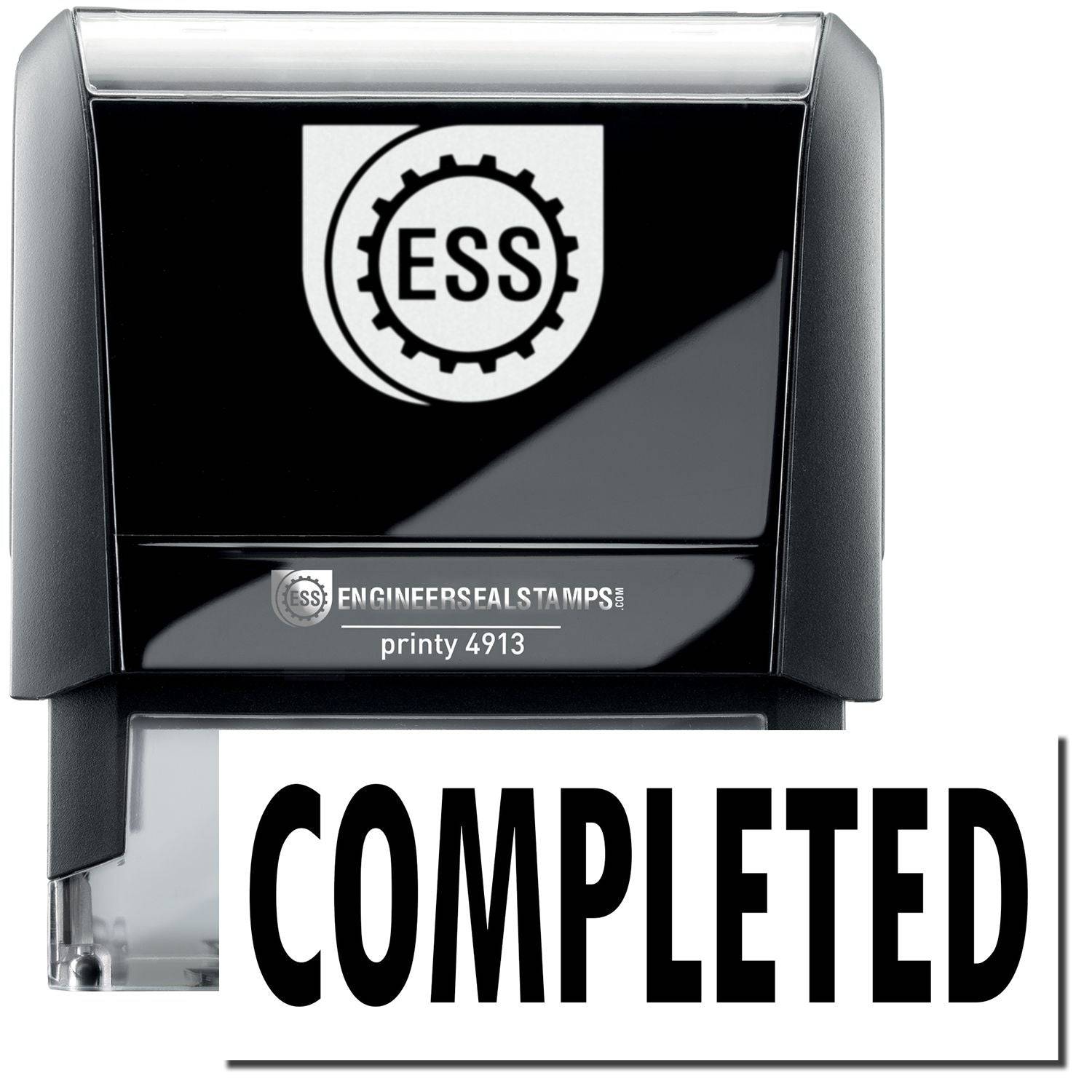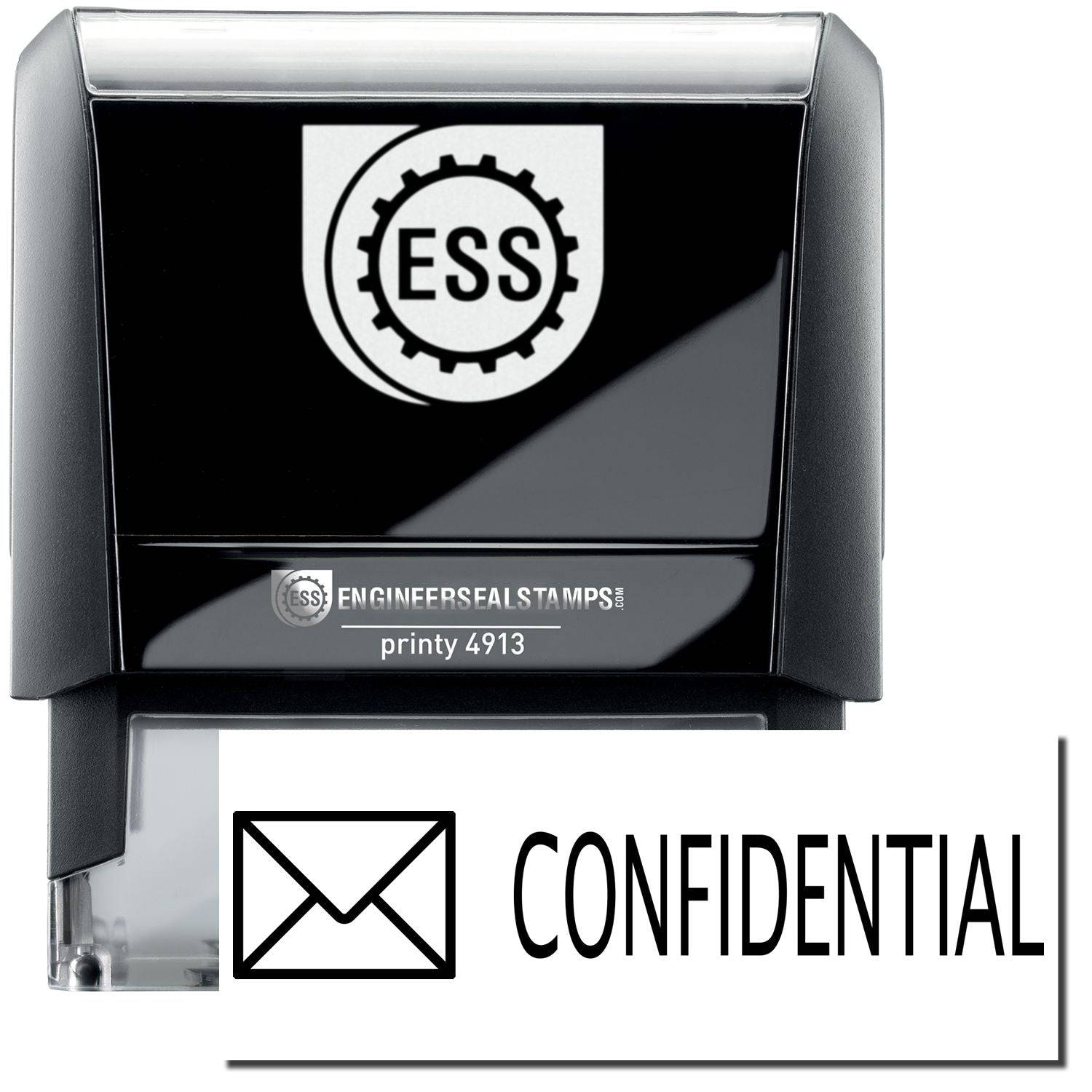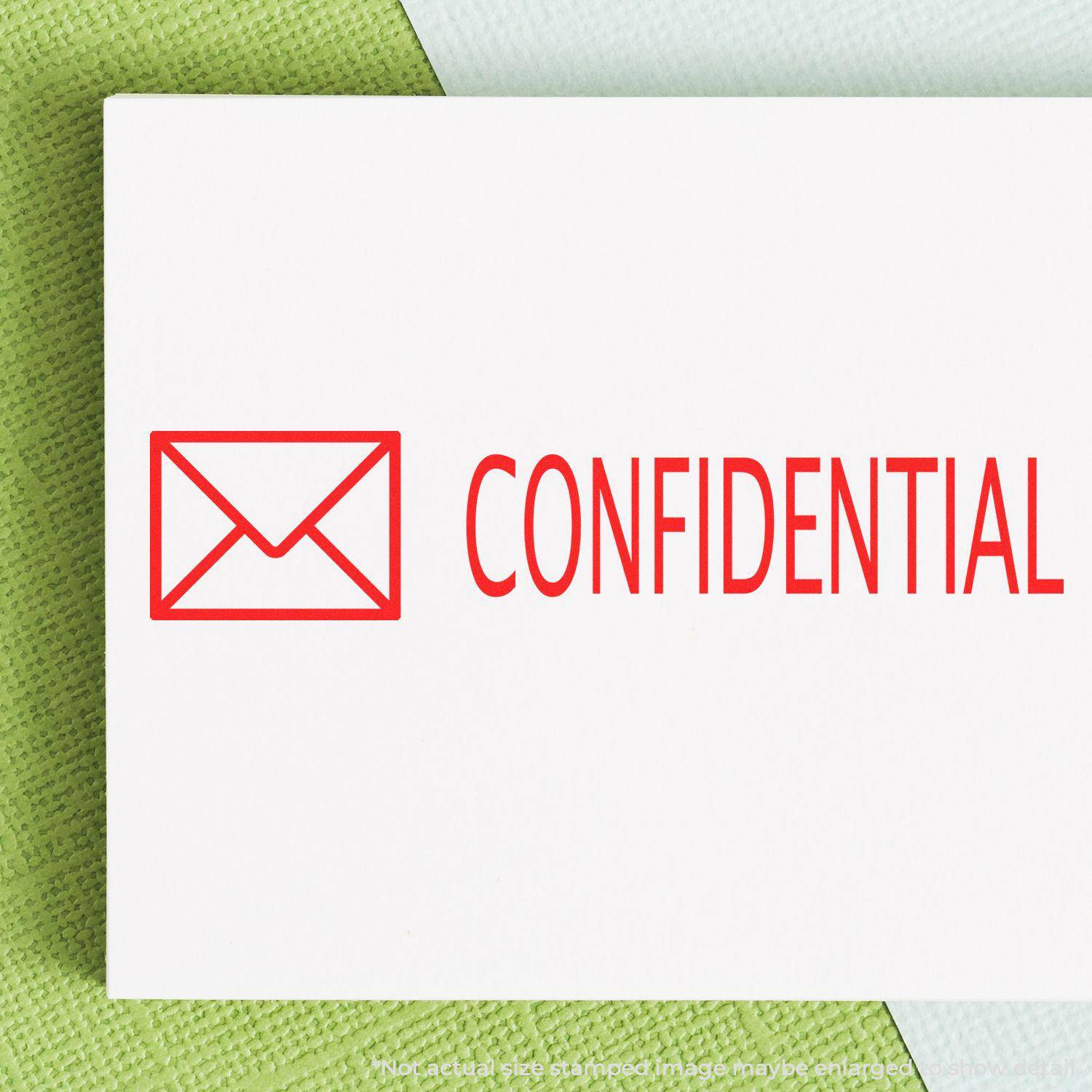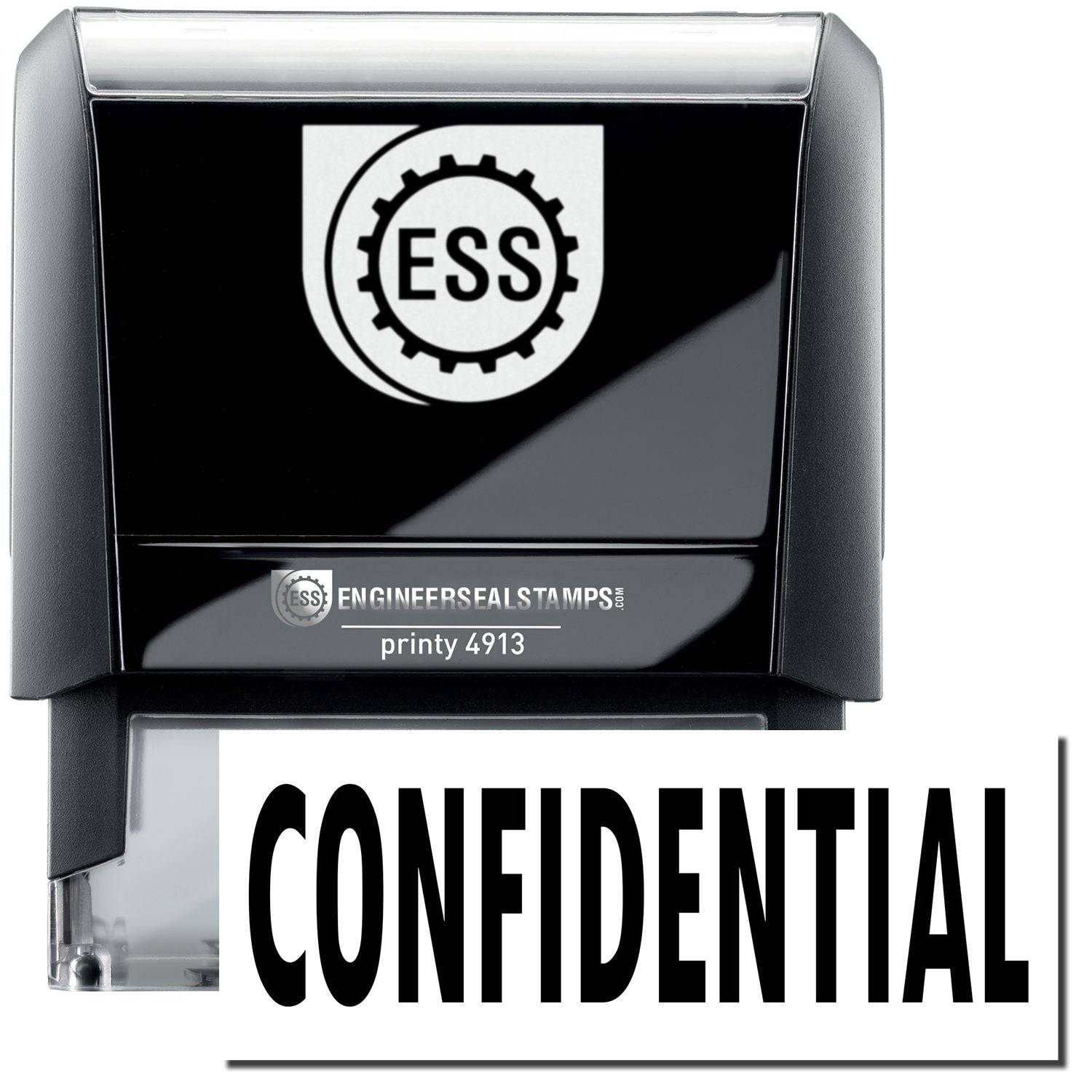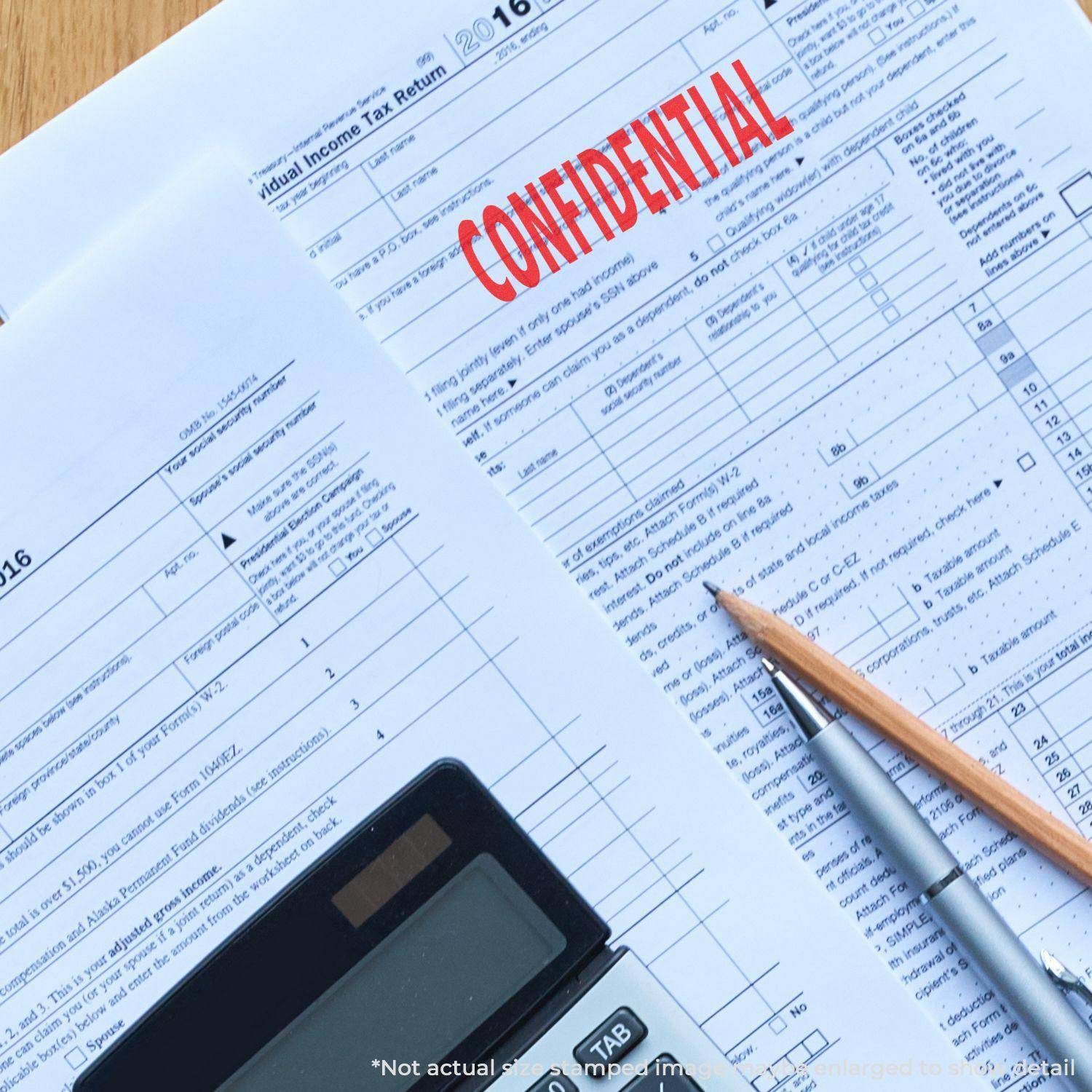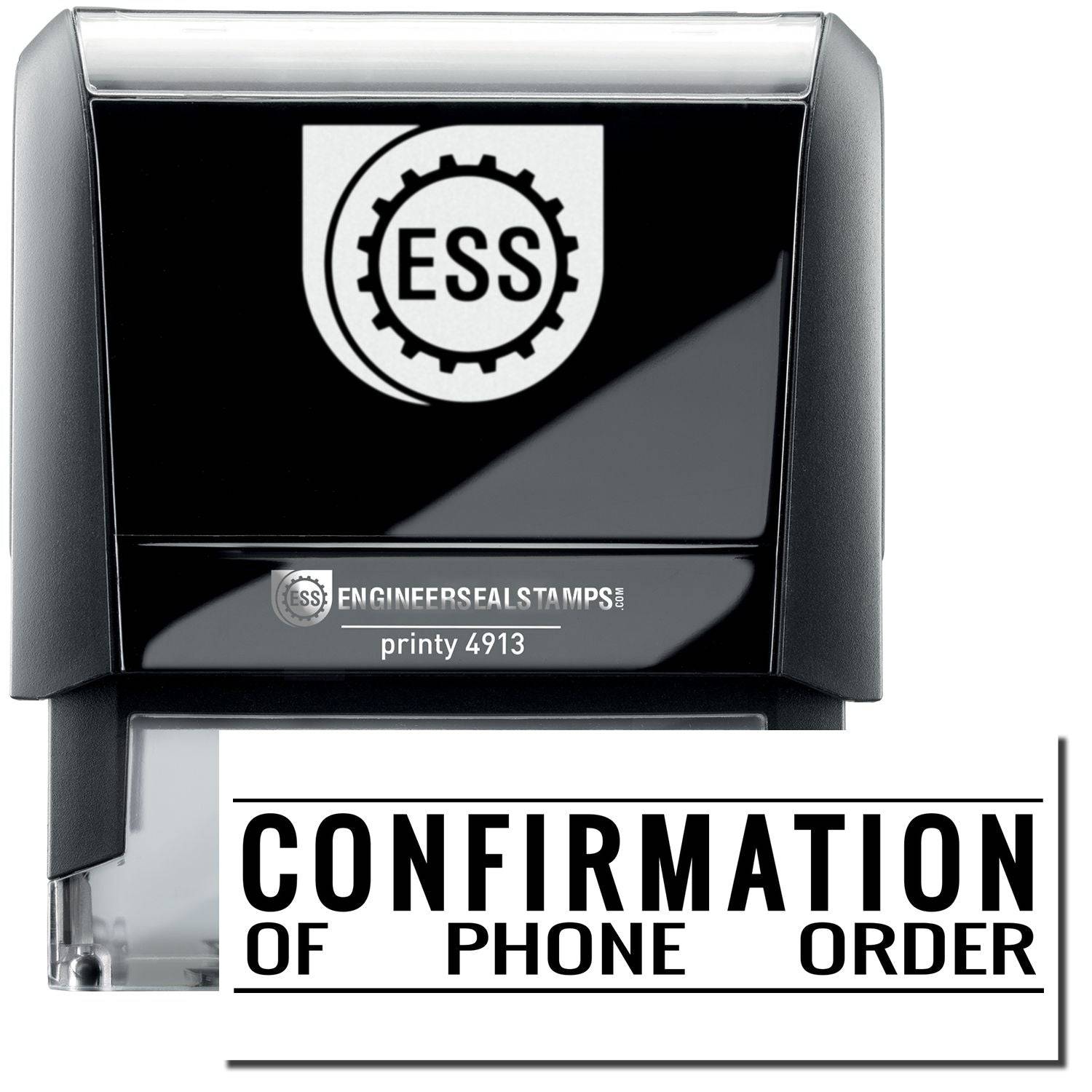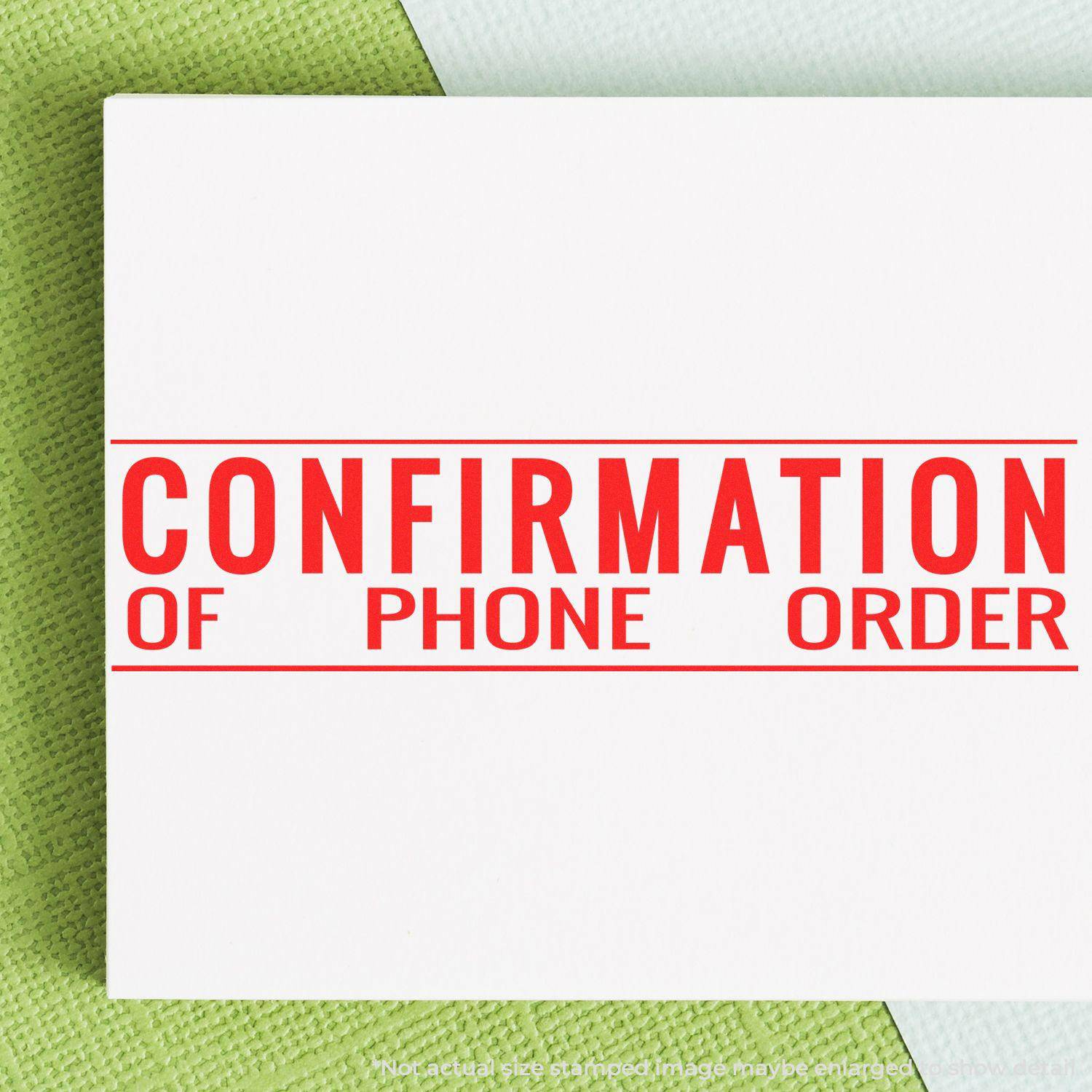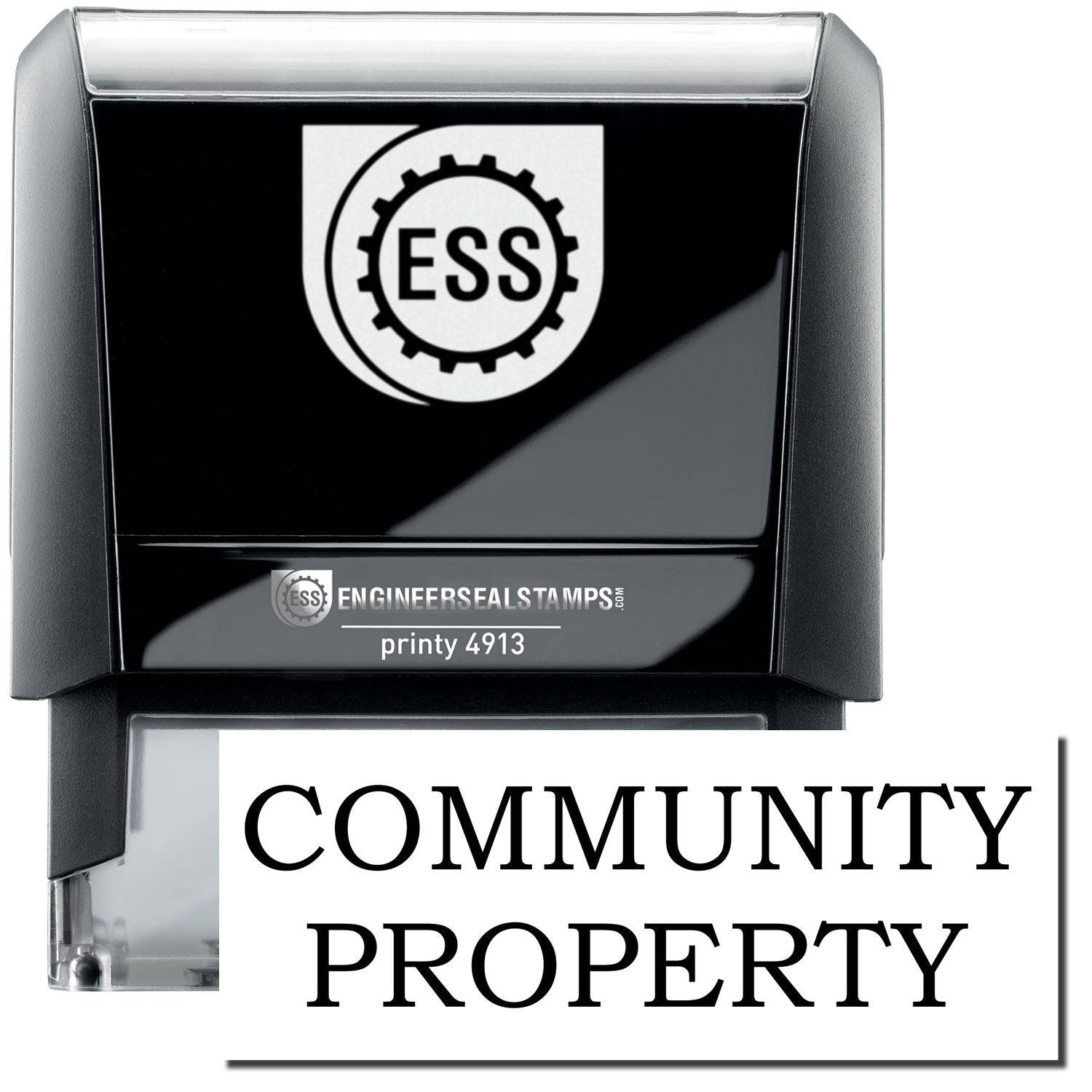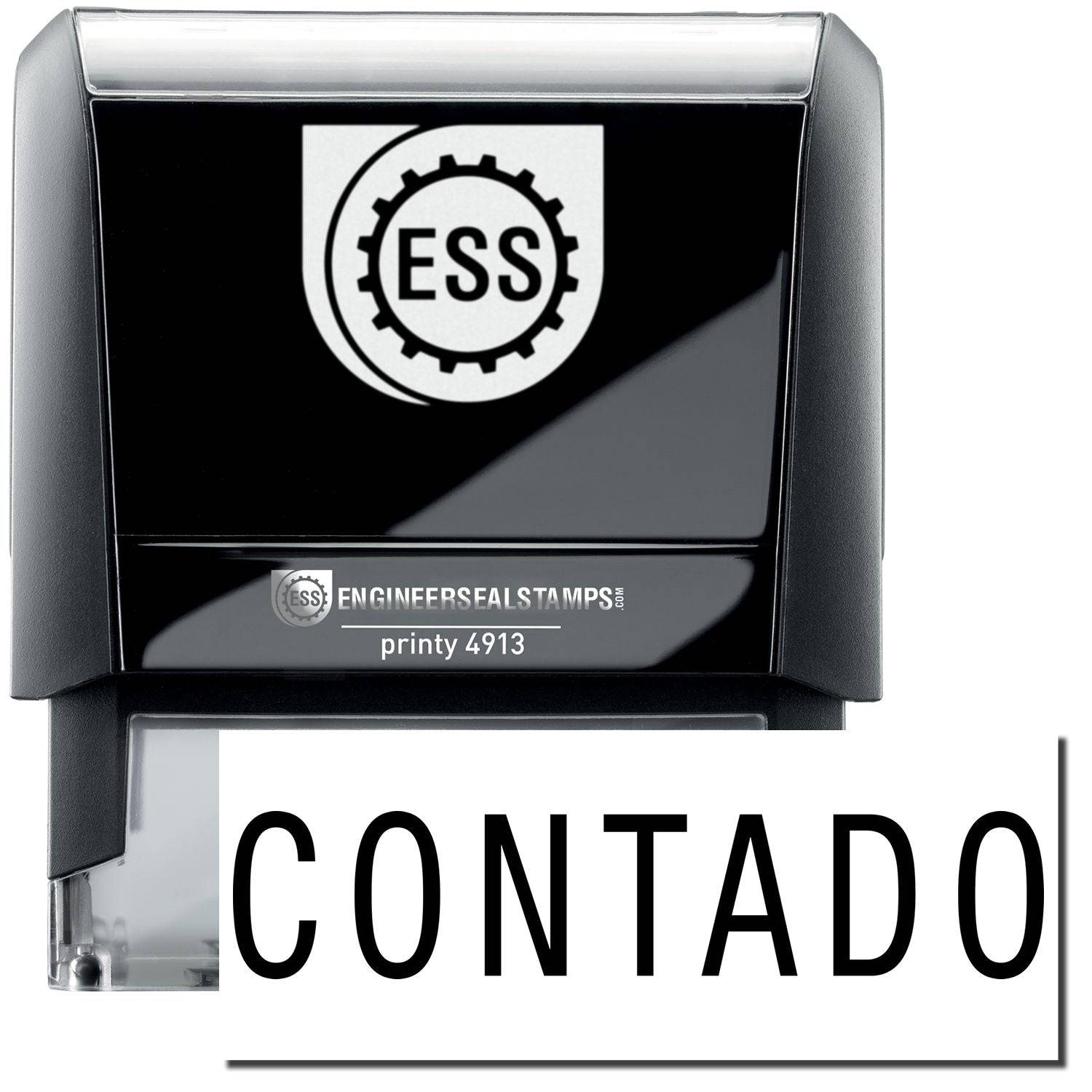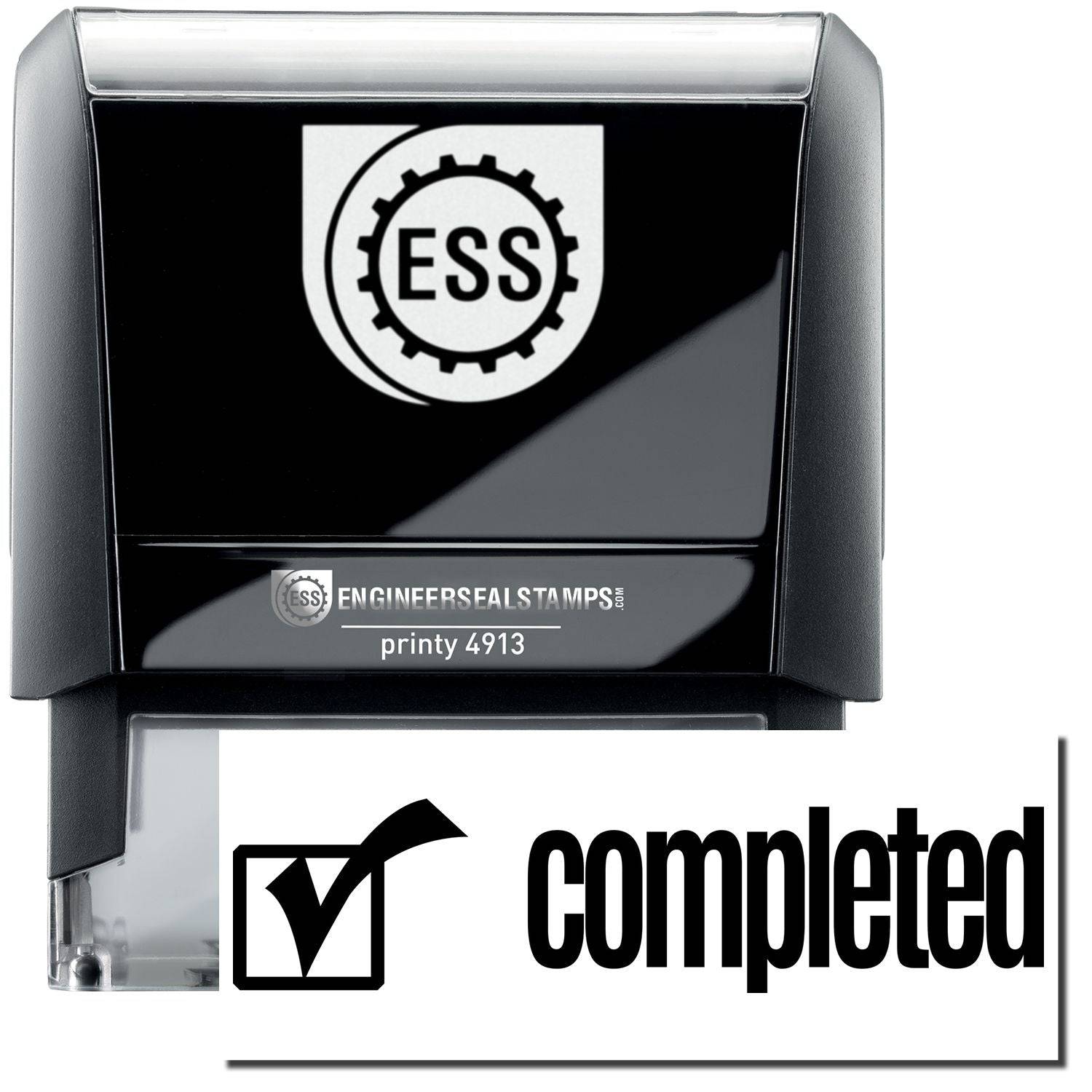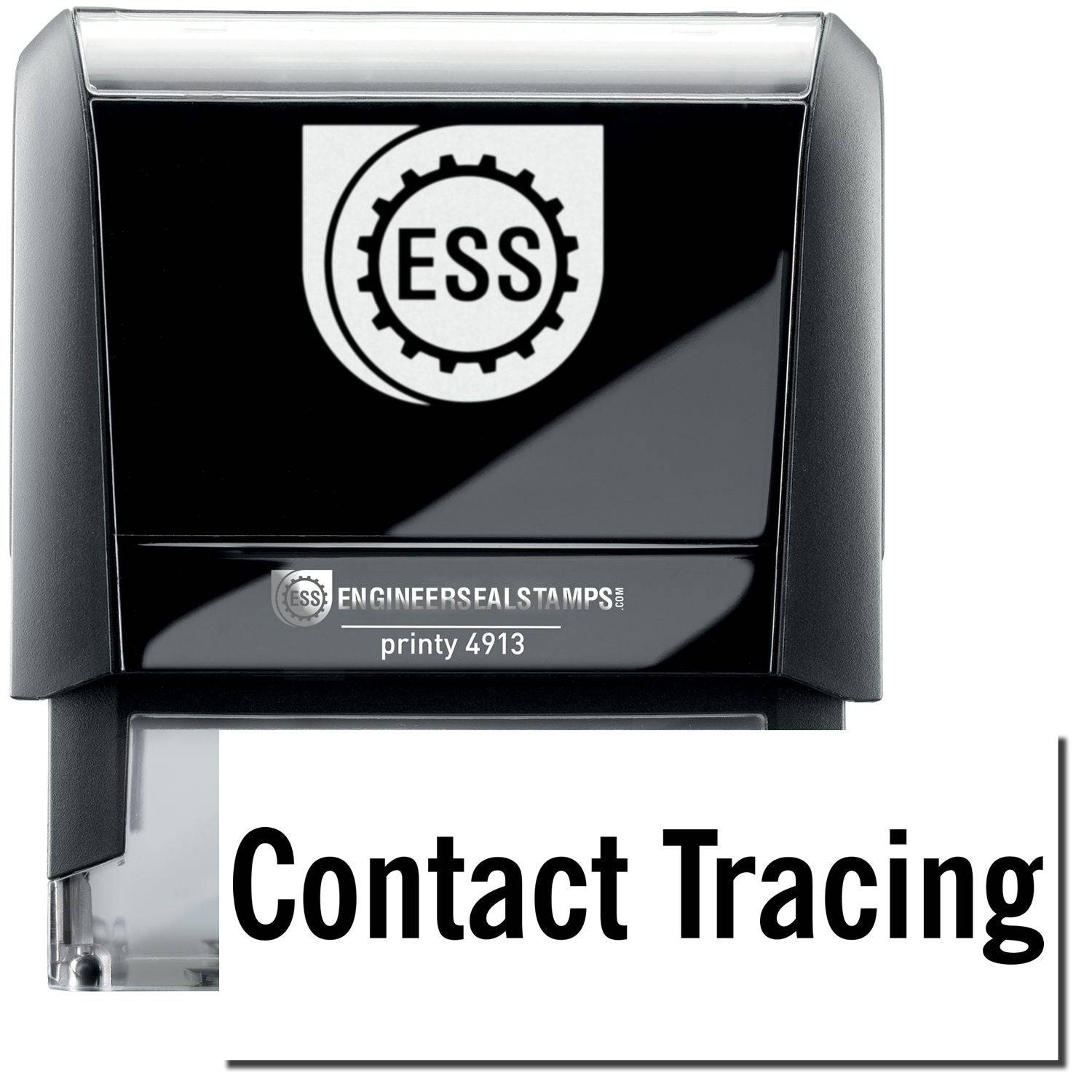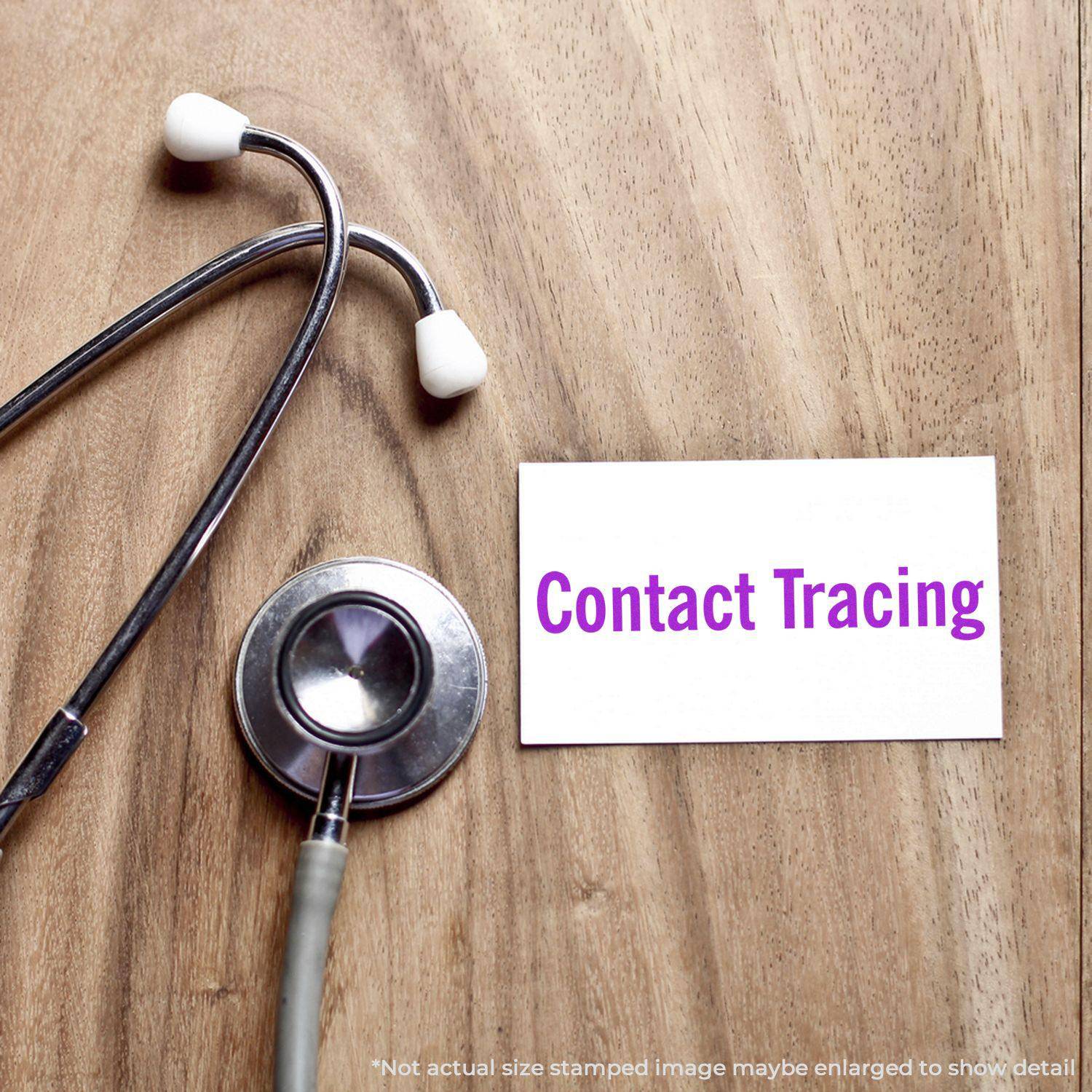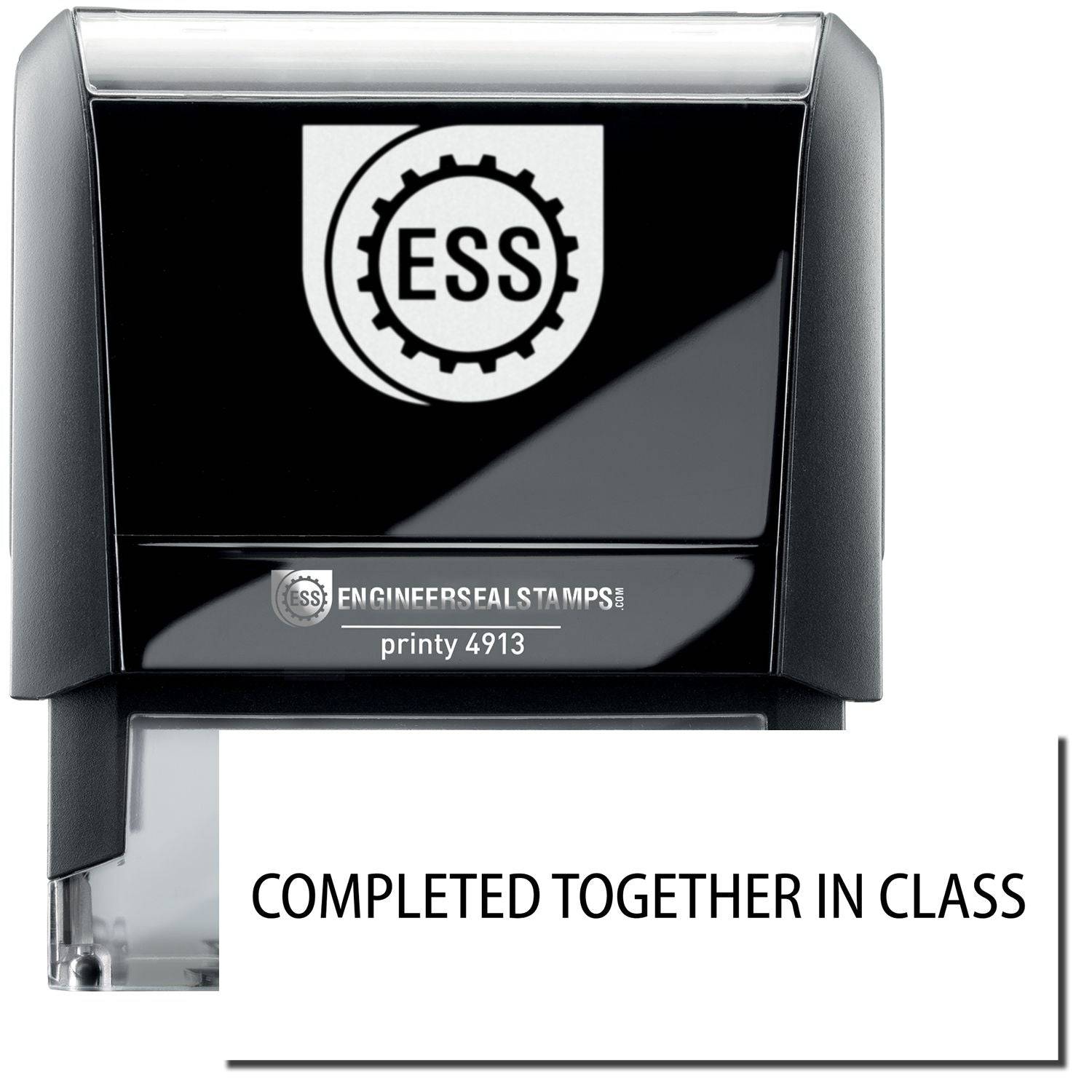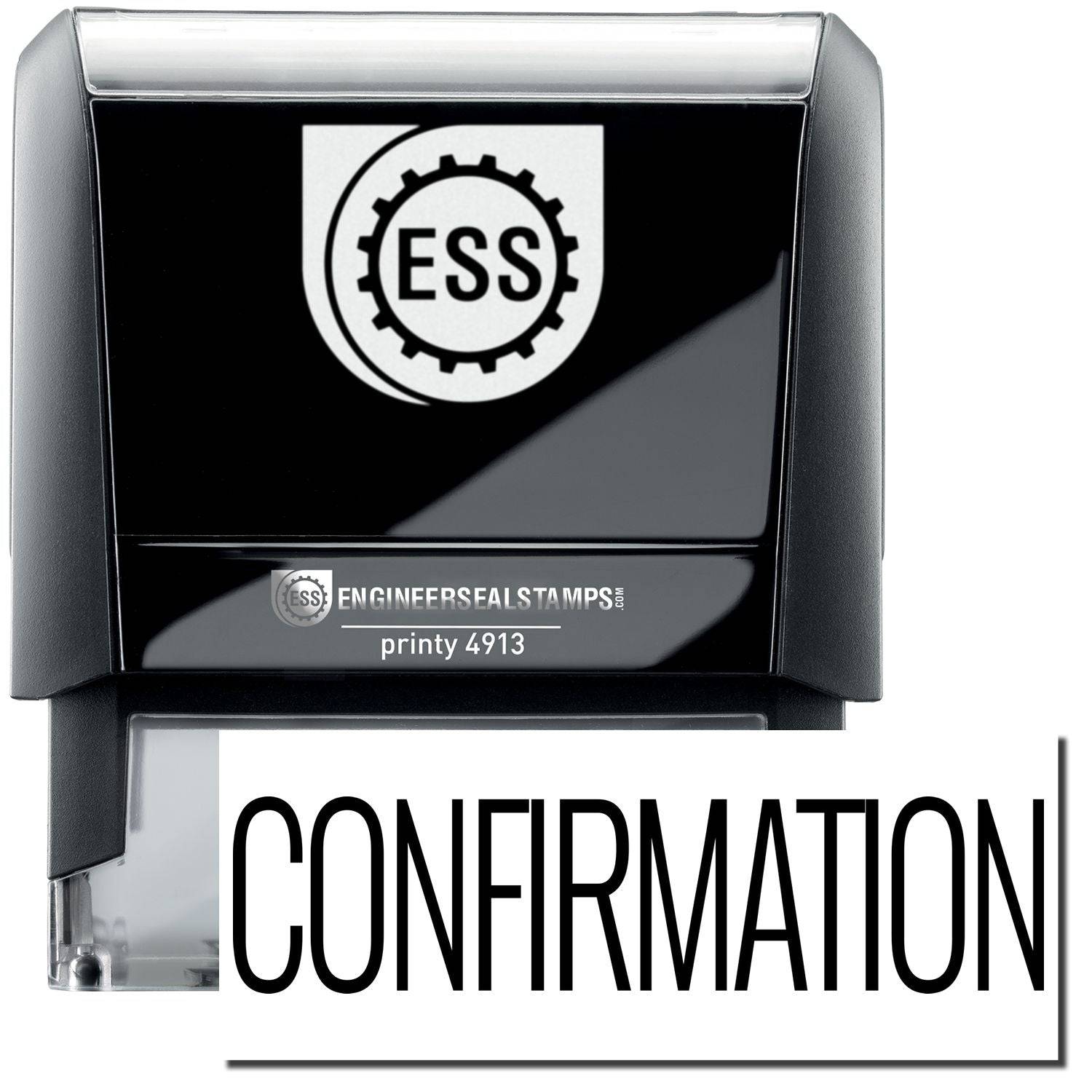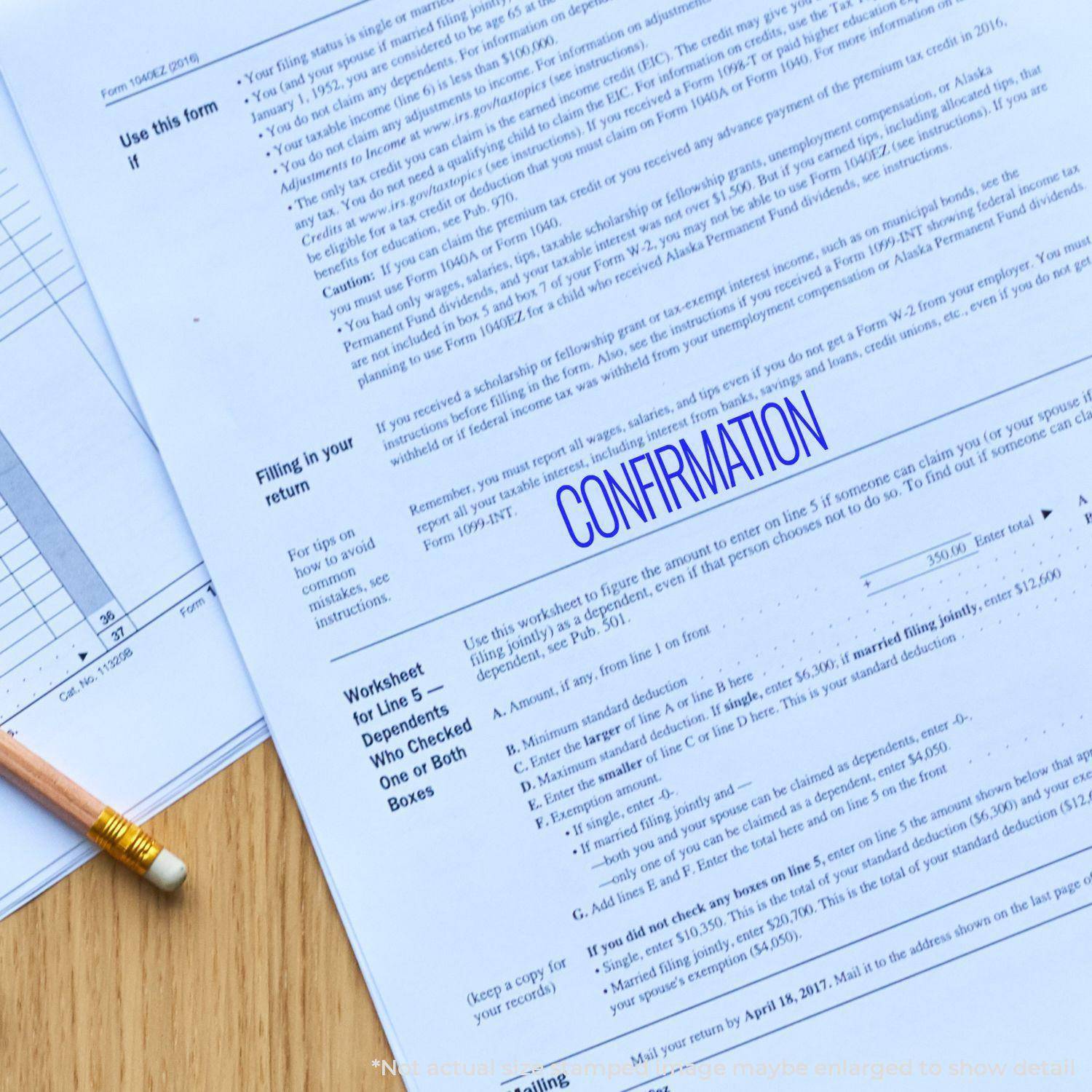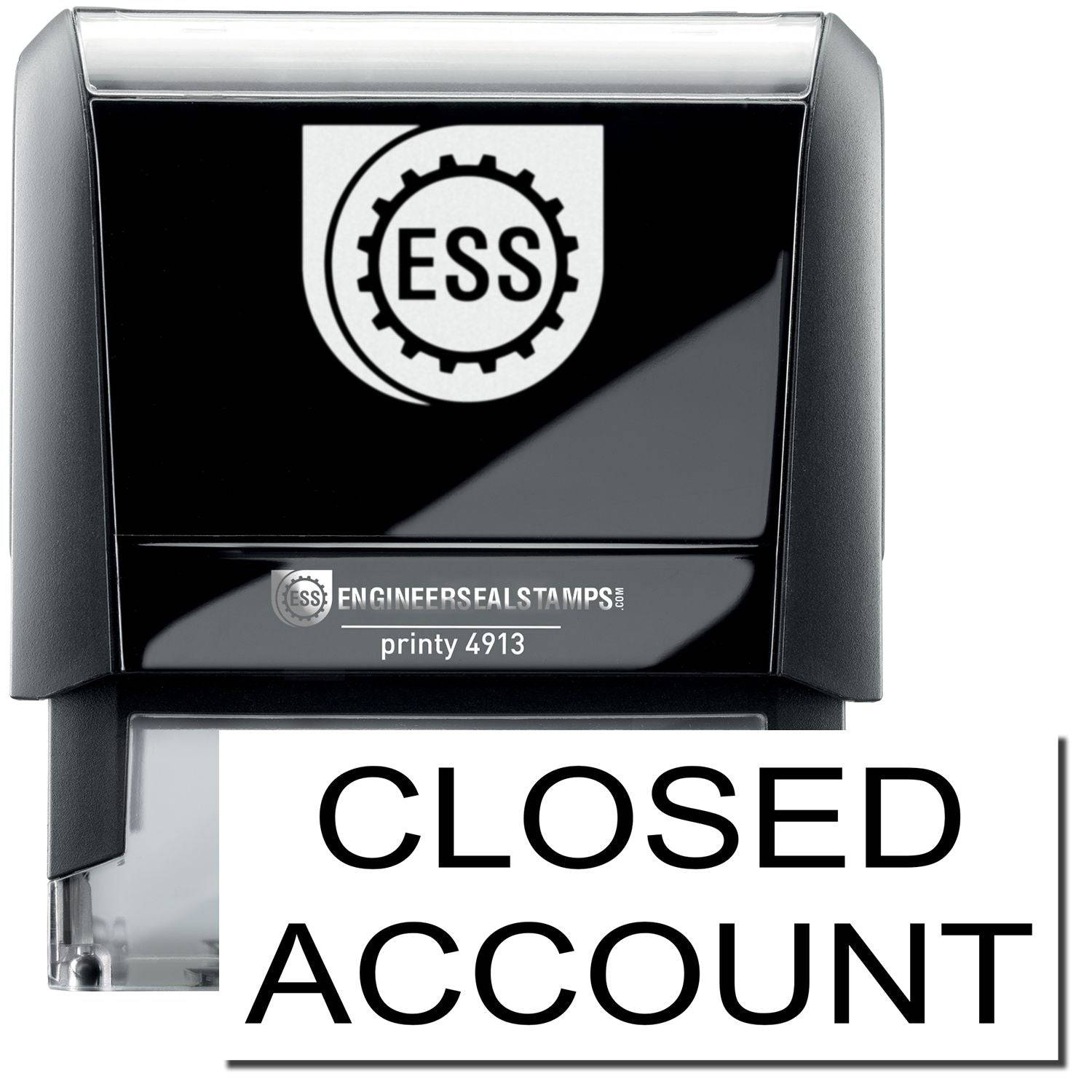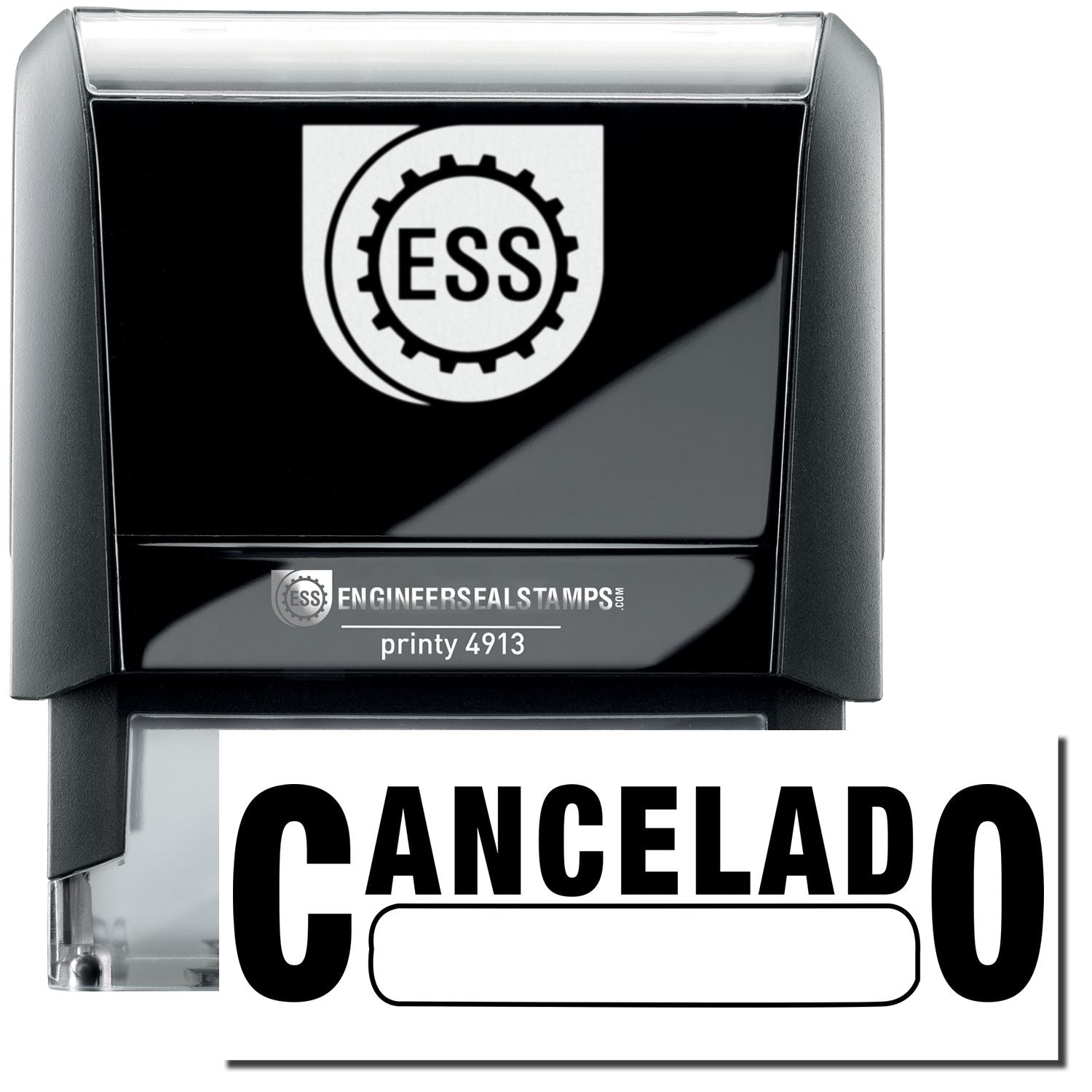The Importance of Corporate Seals
Corporate seals play a significant role in the world of business. Understanding their purpose and legal significance is essential for any business owner or professional. Let's explore the importance of corporate seals in more detail.
Understanding the Purpose of Corporate Seals
A corporate seal is a tool used to authenticate official documents and transactions on behalf of a corporation. It typically consists of a custom-designed emblem, often including the company's name, logo, and other relevant details. Corporate seals were traditionally embossed onto documents using a seal press, but modern alternatives like corporate embossing seals and corporate rubber stamps are now commonly used.
The primary purpose of a corporate seal is to indicate that a document or transaction has been authorized by the corporation's board of directors or its authorized representatives. It serves as a visible mark of authenticity and credibility, giving third parties confidence in the legal validity of the document. Moreover, a corporate seal can help establish the corporate identity and brand in various business interactions.
Legal Significance of Corporate Seals
While the legal requirements for corporate seals vary by jurisdiction, they have historically held significant legal weight. Corporate seals have traditionally been required for important legal documents, such as contracts, deeds, and share certificates. They act as a formal representation of the corporation's agreement or commitment.
However, it's worth noting that the legal significance of corporate seals has diminished in some jurisdictions. Many countries, including the United States, have eliminated the legal requirement for corporate seals in certain contexts. Nevertheless, corporate seals continue to be used voluntarily by businesses for practical and symbolic purposes. They can still carry legal weight in specific situations, such as when dealing with international entities that recognize the importance of corporate seals.
Understanding the purpose and legal significance of corporate seals is crucial for businesses and professionals who value authenticity and credibility in their transactions. While not always legally required, corporate seals can enhance the professional image of a company and provide assurance to stakeholders. To explore more about corporate seals, their designs, and how to obtain them, consider reading our article on corporate seals.
In the next section, we will delve into the specific legal requirements and common elements associated with corporate seals. Stay tuned to learn more about the practical aspects of utilizing corporate seals in business transactions.
Corporate Seal Requirements
When it comes to corporate seals, there are certain requirements that businesses must adhere to. These requirements ensure the legality and validity of the corporate seal. In this section, we will discuss the legal requirements and common elements of corporate seals.
Legal Requirements for Corporate Seals
The legal requirements for corporate seals vary depending on the jurisdiction in which the business operates. In general, corporate seals are not mandatory in many jurisdictions, but they are often used to add a professional touch to official documents. It's important to consult with legal professionals or local authorities to understand the specific requirements in your jurisdiction.
In some cases, there may be regulations regarding the design, size, or content of the corporate seal. For example, certain jurisdictions may require the inclusion of the company's name, date of incorporation, or registration number on the seal. By adhering to these legal requirements, businesses can ensure that their corporate seal is valid and recognized.
Common Elements of Corporate Seals
While the specific design and elements of corporate seals may vary, there are some common elements that are often included. These elements help to establish the authenticity of the seal and the authority of the business. Here are some typical elements found in corporate seals:
-
Company Name: The name of the company is a fundamental element of the corporate seal. It helps to identify the business and differentiate it from others.
-
Date of Incorporation: The date of incorporation is often included on the corporate seal. This provides important information about when the company was legally established.
-
Logo or Emblem: Many corporate seals feature the company's logo or emblem. This helps to reinforce the brand identity and adds a professional touch to the seal.
-
Jurisdiction: In some cases, the jurisdiction in which the company is incorporated may be included on the seal. This further establishes the legal authority of the business.
-
Embossed Design: Corporate seals are often embossed with a unique design, such as the company's logo or a decorative pattern. This adds a level of security and authenticity to the seal.
It's important to note that the design and elements of the corporate seal should be carefully considered to ensure compliance with legal requirements and to reflect the branding and image of the company. For more information on designing corporate seals, refer to our article on corporate seal design.
By understanding the legal requirements and common elements of corporate seals, businesses can ensure that their seals are in compliance and effectively represent their brand and authority. It's essential to consult with legal professionals or local authorities to obtain accurate information regarding the specific requirements in your jurisdiction.
Designing a Corporate Seal
When it comes to designing a corporate seal, it's important to choose a design that reflects the identity and professionalism of your company. A well-designed corporate seal can leave a lasting impression and convey the legitimacy of your business. Here's what you need to know about choosing the right design and customizing your corporate seal.
Choosing the Right Design
The design of a corporate seal typically includes important elements such as the company name, date of incorporation, and jurisdiction of incorporation. It is essential to ensure that the design complies with the legal requirements of your jurisdiction. Certain jurisdictions may have specific guidelines regarding the size, shape, and layout of corporate seals. Make sure to familiarize yourself with the legal requirements applicable to your company. Our article on corporate seal legal provides more information on the legal aspects of corporate seals.
When choosing a design, consider the nature of your business and the image you want to portray. Some companies opt for a simple and elegant design, while others incorporate unique elements that represent their industry or values. It's important to strike a balance between professionalism and creativity, ensuring that the design aligns with your company's brand identity.
Customizing Your Corporate Seal
Customization options for corporate seals can vary depending on the manufacturer or service provider. While certain elements, such as the company name and incorporation details, are typically included in the design, you may have the ability to add additional features or symbols that are relevant to your business.
Consider incorporating your company logo or a symbol that represents your industry into the design of the corporate seal. This can help to further enhance the visual appeal and brand recognition of the seal. However, it's important to ensure that the customization does not compromise the clarity and legibility of the essential information on the seal.
To customize your corporate seal, you can work with a professional corporate stamp maker or use online services that offer customizable templates. These services often provide a user-friendly interface where you can input your company details and choose from various design options. Remember to review and proofread the design before finalizing the order to ensure accuracy.
By carefully considering the design elements and customizations for your corporate seal, you can create a seal that is both visually appealing and legally compliant. Remember that the corporate seal represents your company's professional image, so it's important to choose a design that aligns with your brand identity and conveys the necessary information accurately.
Obtaining a Corporate Seal
Once you have determined the need for a corporate seal, the next step is to obtain one. In this section, we will explore where you can obtain a corporate seal and the considerations to keep in mind when purchasing one.
Where to Obtain a Corporate Seal
There are several options available for obtaining a corporate seal. Here are some common sources where you can find them:
-
Office Supply Stores: Many office supply stores carry a selection of corporate seals. These stores often provide a range of options to choose from, including both standard designs and customizable options.
-
Online Retailers: Numerous online retailers specialize in corporate seals and related products. These retailers offer a wide variety of designs, materials, and customization options. It is important to choose a reputable retailer to ensure the quality and legality of the corporate seal.
-
Specialized Stamp Companies: Some companies focus specifically on producing various types of stamps, including corporate seals. These specialized stamp companies often have a wide range of options and can provide customization services to meet specific requirements.
When selecting a source for your corporate seal, consider factors such as the reputation of the supplier, the variety of options available, the quality of the products, and the cost-effectiveness. It is also beneficial to read reviews and compare prices to make an informed decision.
Considerations for Purchasing a Corporate Seal
When purchasing a corporate seal, there are a few important considerations to keep in mind:
-
Legal Compliance: Ensure that the corporate seal you choose complies with the legal requirements of your jurisdiction. Different regions may have specific regulations regarding the design and usage of corporate seals. It is crucial to familiarize yourself with these requirements to avoid any legal complications.
-
Quality and Durability: Look for a corporate seal that is made of high-quality materials to ensure durability and longevity. A well-made seal will provide crisp and clear impressions, which is essential for its legal validity and professional appearance.
-
Customization Options: If you require a custom design, choose a supplier that offers customization services. This allows you to incorporate your company's logo, name, or other specific details into the corporate seal. Customization can enhance the professionalism and branding of your organization.
-
Additional Accessories: Consider whether you need any additional accessories, such as an ink pad or an embossing device, to complement your corporate seal. These accessories can further enhance the functionality and convenience of using the seal.
By carefully considering these factors, you can select a corporate seal that meets your specific requirements and ensures legal compliance. Remember to consult with professionals, such as lawyers or accountants, for guidance on the specific legal aspects of corporate seals in your jurisdiction.
In the next section, we will explore the proper storage and handling of a corporate seal, as well as the legal use of corporate seals.
Maintaining and Using a Corporate Seal
Once you have obtained a corporate seal for your business, it's important to understand how to properly maintain and use it. This section will cover the proper storage and handling of corporate seals, as well as the legal use of these seals.
Proper Storage and Handling
To ensure the longevity and effectiveness of your corporate seal, it is essential to store and handle it correctly. Here are some important considerations:
-
Secure Storage: Store your corporate seal in a safe and secure location, such as a locked cabinet or a designated seal storage box. This helps protect the seal from damage, loss, or unauthorized use.
-
Avoid Extreme Temperatures: Corporate seals should be kept in a controlled environment to prevent damage caused by extreme temperatures. Avoid storing the seal in areas prone to excessive heat or cold, as this can affect the integrity of the seal and its impression.
-
Handle with Care: When using the corporate seal, handle it with care to ensure a clear and legible impression. Avoid applying excessive pressure, as this can distort the seal's design or damage the paper. Gently press the seal onto the document, ensuring even pressure across the entire seal.
-
Clean and Maintain: Regularly clean your corporate seal to remove any ink residue or debris. Use a soft, lint-free cloth and a mild cleaning solution to gently wipe the seal's surface. Avoid using abrasive materials or harsh chemicals, as these can damage the seal.
By following these guidelines, you can maintain the integrity and quality of your corporate seal, ensuring its professional appearance and functionality.
Legal Use of Corporate Seals
The legal use of corporate seals varies depending on the jurisdiction and the specific purpose for which the seal is being used. While corporate seals were historically used for various legal and business transactions, their significance has diminished over time in many jurisdictions.
In some cases, corporate seals may still be required for certain legal documents, such as deeds, contracts, and agreements. However, the legal requirements for using corporate seals can vary, and it is important to consult with legal professionals or local authorities to determine the specific regulations applicable to your business.
It's worth noting that in many jurisdictions, the use of corporate seals has become optional or even obsolete. The legal authority and validity of a document are often determined by the signatures of authorized individuals rather than the presence of a corporate seal. Therefore, it is crucial to understand the legal requirements in your jurisdiction and adapt your business practices accordingly.
Remember, the corporate seal is a symbol of authenticity and authority for your business. Even if not legally required, using a corporate seal can still convey a professional image and enhance the credibility of your documents.
Understanding the proper storage, handling, and legal use of your corporate seal is essential to ensure compliance with regulations and maintain the integrity of your business transactions. By adhering to these guidelines, you can confidently incorporate the use of a corporate seal into your business practices.
About ESS
At Engineer Seal Stamps (ESS), we take pride in being the leading makers of custom rubber stamps, professional seals, and notary stamps in the industry. Our commitment to delivering stellar customer service is backed by a state board guarantee on all our products. Whether you're an engineer, architect, or surveyor in need of a seal, we've got you covered.
Our stamps are crafted with the highest quality materials, ensuring durability and accuracy with every impression. Our team of skilled technicians and designers work tirelessly to create custom stamps that meet your unique needs. With over a decade of experience in the industry, our reputation for excellence in stamp making is unparalleled. We offer a wide range of products, from traditional pre-inked rubber stamps to modern digital seals. We understand the importance of having the right seal for your profession, which is why we offer customization options such as logo, signature, and text engraving. Our stamps are also available in different sizes and ink colors to fit your preferences.
What sets ESS apart is our unwavering commitment to customer satisfaction. From initial consultation to final delivery, our team is with you every step of the way. We understand that a reliable seal is essential to your work, which is why we offer a fast turnaround time and free shipping on all our products for orders over $75. Choose ESS for all your stamping needs and experience the difference that quality and exceptional customer service can make.


